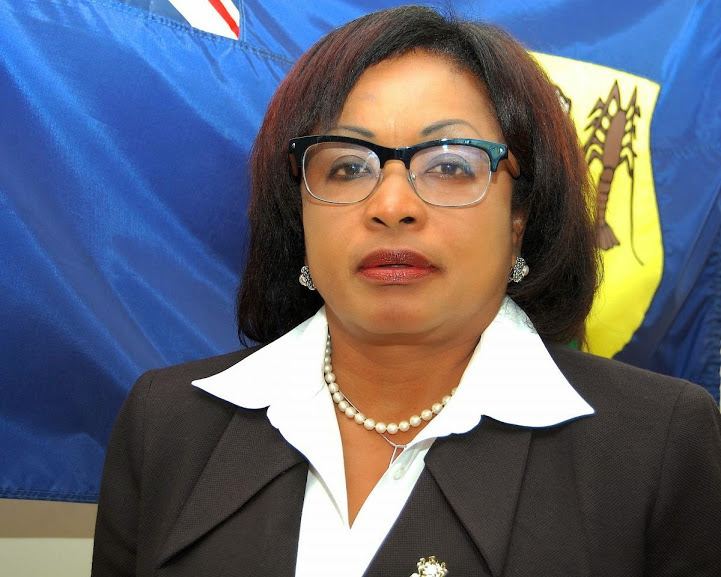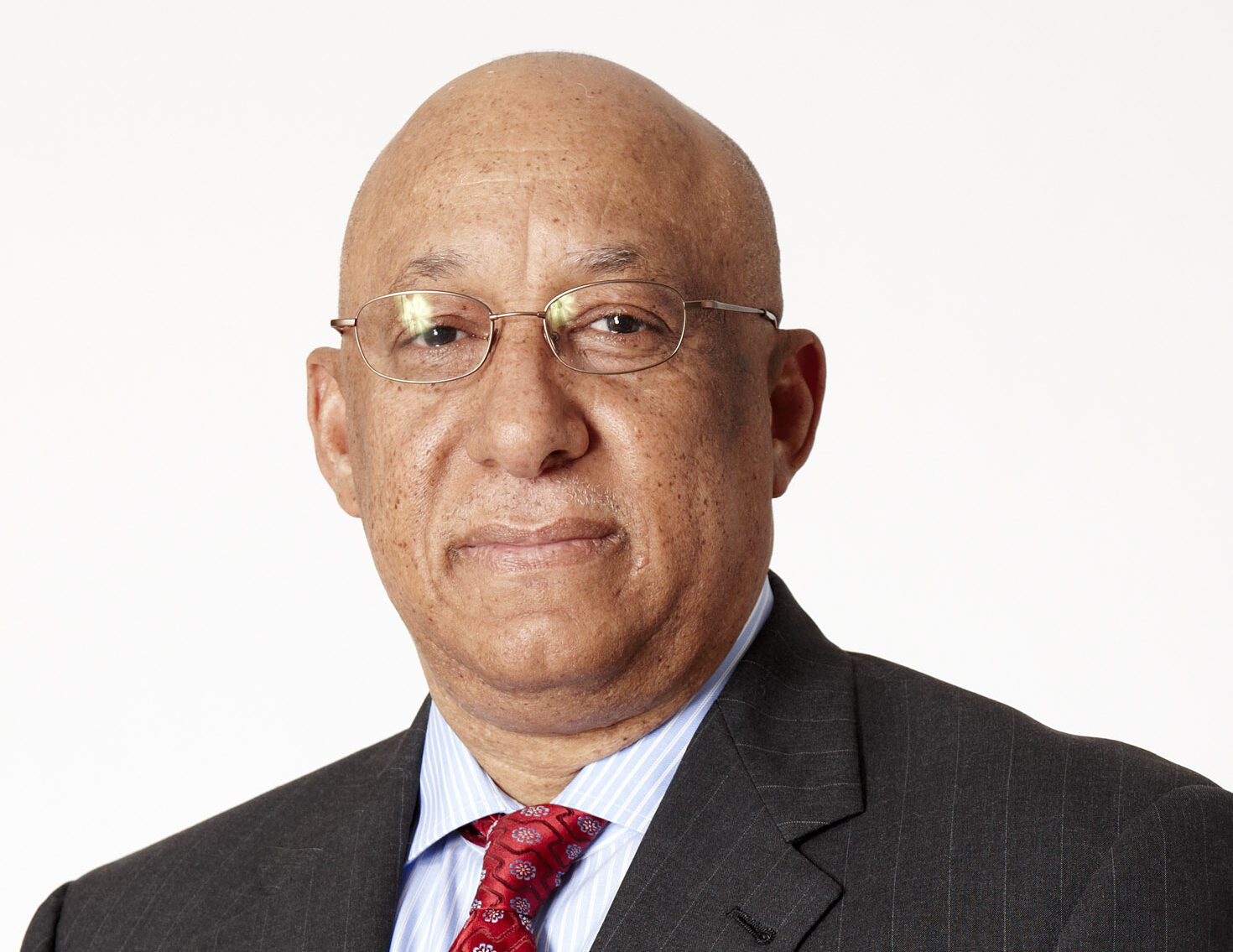The United States says Barbados has made limited progress improving its anti-money laundering (AML) regime even though the island is in the process of completing a more comprehensive National Risk Assessment (NRA).
The US Department of State in its 2019 International Narcotics Control Strategy Report, noted that the island had also completed an initial risk assessment identifying drug trafficking as the main source of money laundering in the country.
It said the NRA was being undertaken amid concerns that it may not have been sufficient to identify significant national money laundering risks and vulnerabilities.
The Report notes that Barbados reports the major source of illicit funds is drug trafficking and that national measures taken to address this risk include targeted controls at the points of entry, increases in maritime patrols in the waters around the island and the use of intelligence by competent authorities.
But Washington said that the extensive use of cash in routine business transactions and the comingling of illicit and legitimate funds in the financial system pose additional money laundering challenges.
The Central Bank of Barbados (CBB) licenses commercial banks and holding companies, trusts, and merchant banks. There are 28 international banks, 16 of which engage in third-party business, including such activities as trust and portfolio/investment management.
“As of December 31, 2015, (the most recent available data) total assets reported by international banks were approximately US$$41 billion. Four banks were managing third party assets ranging from approximately US$150 million to approximately US$2.5 billion at the end of 2015.”
It said that there are no “clear statistics” on the international business and financial sector and that the high volume of U.S. currency in circulation in Barbados relates primarily to tourism.
“Barbados government authorities and US government law enforcement representatives assess that a substantial quantity of these dollars do not come from illicit activity. Barbados does not have any offshore banks or other institutions that would put it at higher risk than its Eastern Caribbean counterparts.”
Washington notes that the primary legislation is the Money Laundering and Financing of Terrorism (Prevention and Control) Act, which covers the international financial services sector.
The island also has a Proceeds of Crime Act (POCA) that is currently under review.
“The POCA does not include an explicit provision for cash seizures, so Barbados has used its Exchange Control Act for forfeitures. Barbados recognizes this practice is insufficient and is drafting new legislation to address this issue. Additionally, a new NRA is still underway and could identify additional deficiencies.”
The Report notes that there are several areas Barbados should address in order to align with international best practices, including completing a new NRA, improving the monitoring process of PEPs, correcting technical deficiencies in the enforcement of sanctions, fostering national cooperation, confiscation and asset forfeiture, transparency, and international cooperation.
“Gaming entities are not subject to regulation or supervision for AML purposes and supervision of Designated Non-Financial Businesses and Professions (DNFBP) appears to be haphazard.”
The Report also notes that the Financial Services Commission (FSC) is responsible for the licensing, regulation, and supervision of credit unions and non-bank financial institutions.
“The Anti-Money Laundering Authority (AMLA) is in charge of the supervision of certain DNFBPs listed in the MLFTA. The AMLA and the IBFSU are not able to independently supervise the sectors for which they have supervisory responsibility due to resource and knowledge issues. Through MOUs, both the
IBFSU and the AMLA have delegated their supervisory functions to the FSC, which could compromise the FSC’s ability to carry out its own supervisory responsibilities.”
Washington said the Mia Mottley government, with the support of donors, is exploring the establishment of a civil asset recovery division.




